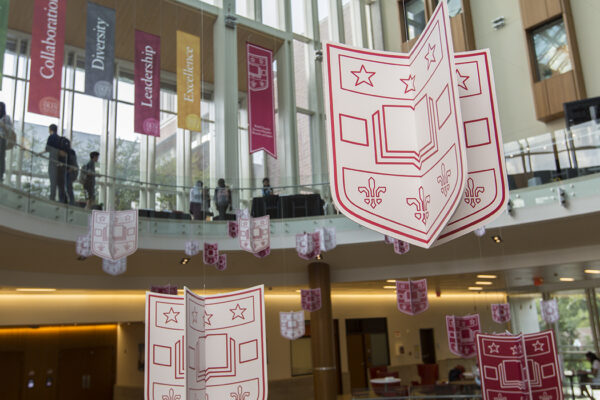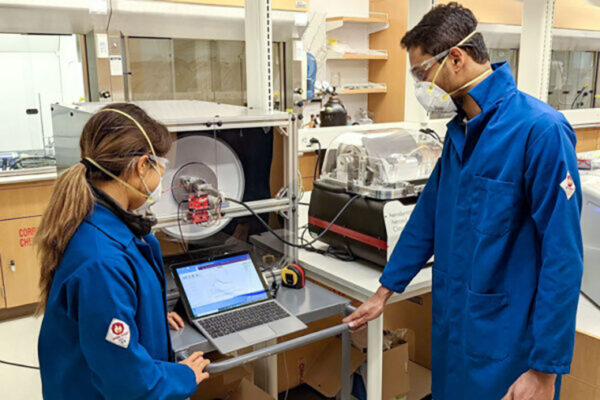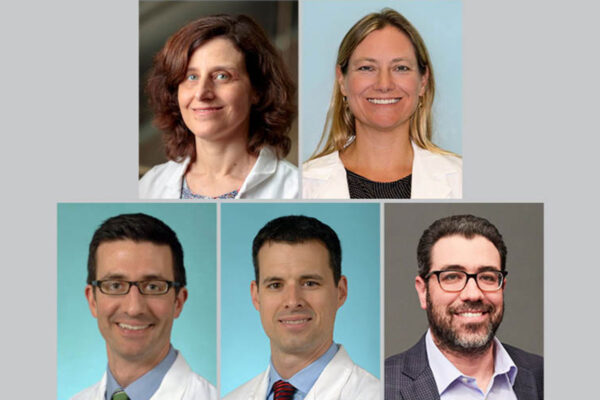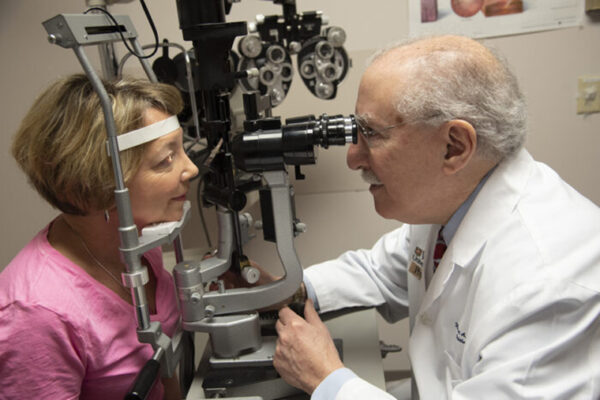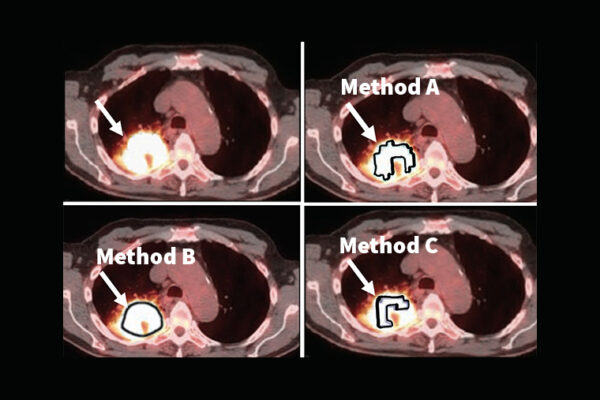Olin-Brookings initiative to address opioid epidemic
The Bellwether Foundation Inc. has awarded Olin Business School and the Brookings Institution a $750,000 grant to improve the quality of life for people in St. Louis and across the country.
Washington University researchers to design detectors of airborne SARS-CoV-2
A team of researchers at Washington University is developing devices to detect the virus that causes COVID-19 in the air.
Women seeking help for unmet needs often overdue for cervical cancer screenings
Scientists at Washington University found in a study that a new, more involved approach is needed to get women who need help with basic resources to undergo screenings for cervical cancer.
Researchers elected to American Society for Clinical Investigation
Five physician-scientists at the School of Medicine have been elected members of the American Society for Clinical Investigation in recognition of original, creative and independent investigations in the clinical or allied sciences of medicine.
Graduate student wins NIH fellowship
Macy Sprunger, a graduate student in Meredith Jackrel’s lab in the Department of Chemistry in Arts & Sciences at Washington University in St. Louis, won a three-year $136,560 National Research Service Award from the National Institute of Neurological Disorders and Stroke of the National Institutes of Health (NIH). Such fellowships support predoctoral students conducting research in scientific health-related fields.
Treatment not always needed to prevent vision loss in patients with elevated eye pressure
More than 20 years after the launch of a landmark clinical trial led by the School of Medicine’s Michael A. Kass, MD, follow-up exams and analyses found that not all patients with elevated eye pressure need pressure-lowering treatment to prevent vision loss from glaucoma.
Odibo named director of maternal-fetal & ultrasound division in OB-GYN
Anthony Odibo, MD, an internationally respected maternal-fetal medicine expert, has been named director of the Division of Maternal-Fetal Medicine & Ultrasound in the Department of Obstetrics & Gynecology at the School of Medicine.
Jha to develop imaging methods with $1.8M NIH grant
Abhinav Jha, assistant professor at the McKelvey School of Engineering, has received a four-year $1.83 million grant from the National Institutes of Health (NIH). He will develop a new framework to evaluate quantitative imaging methods and help doctors make better decisions.
How marriage is impacted by a breast cancer diagnosis among African American women
Most African American women described successfully navigating the challenges of a breast cancer diagnosis with their partners, finds a new analysis from the Brown School at Washington University in St. Louis.
Reagh named APS ‘Rising Star’
Zachariah Reagh, assistant professor of psychological and brain sciences in Arts & Sciences, has been named a “Rising Star” by the Association for Psychological Sciences.
Older Stories
